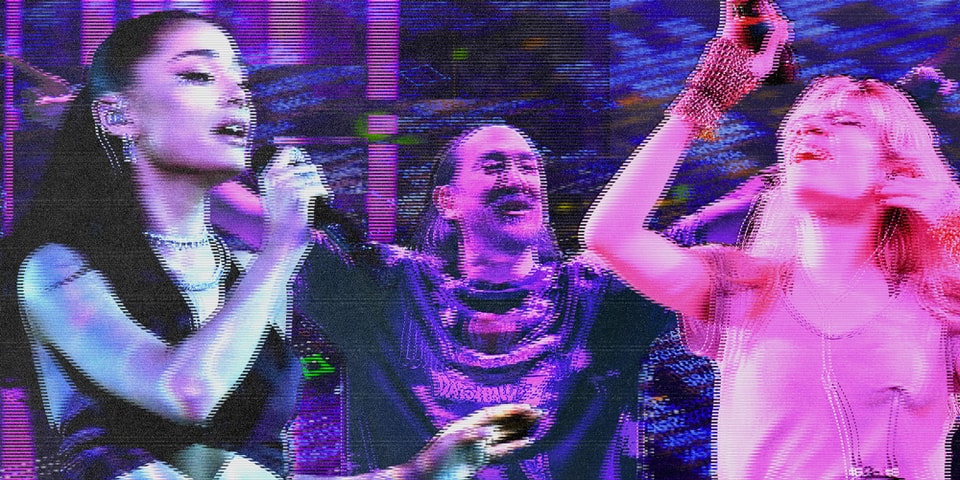
The cultural relevance of crypto is undeniable, as the use of blockchain continues to infiltrate and significantly influence the worlds of art, music, fashion and more. To provide a deeper level of understanding for the space, HYPEBEAST teamed up with crypto platform Coinbase for a new series that dives into various topics related to cryptocurrency, NFTs and blockchain, and cohesively and objectively shares how different industries are adapting.
In our first installment of NFTs 101, we dive into the music industry and how recent trends are hinting at how fans will engage with artists in the future.
The music industry has seen major changes over the past few decades, shaping the way we consume music and interact with our favorite artists. Before the internet, CDs and cassette tapes were the primary tools for music sharing, while boomboxes and Walkmans served as listening devices. As the internet has evolved, social media platforms and streaming services have dominated as the go-to destinations for music consumption.
Now, a new stage of the internet is starting to take shape, often referred to as web3. This new era has already created opportunities for artists to connect with their fans and promote new releases in creative ways. NFTs, or non-fungible tokens, have played a role in this shift and give artists and consumers the opportunities to verify ownership, protect intellectual property and spread music across platforms. A look into recent projects from notable names and trends in the space offers a glimpse into the future of how music is enjoyed.
Artists are releasing music as NFTs
NFTs are digital assets that exist on a blockchain and are unique and cannot be replicated. NFTs are tied to a blockchain ledger that keeps track of all transactions and is used to easily verify ownership of a digital collectible.
Several music artists have taken advantage of this tool to promote or release new music. Kings of Leon became the first band to release an NFT album, titled When You See Yourself, in March 2021. The limited-edition release was offered up alongside physical experiences, including the chance to bid on front row seats to the band’s shows for life, and generated at least $2 million USD in sales.
Justin Blau, known professionally as 3LAU, was also among the first in the music industry to embrace blockchain technology. The crypto enthusiast and DJ threw his first blockchain-powered music festival in 2018 and in February, he released 33 digital albums redeemable for special-edition collectibles and experiences, garnering $11 million USD in 24 hours. “Blockchain technology and NFTs will empower so many artists to connect with their fans in new ways — and they’re just the tip of the iceberg,” he told HYPEBEAST in an interview earlier this month.
Artists Grimes and Steve Aoki have also released digital artworks coupled with original songs, while Dutch DJ Don Diablo sold a full-length concert film NFT for $1.2 million USD.
NFTs are helping to create new opportunities for monetizing content
NFTs have also created new ways for artists to capitalize on their content. Beyond selling music or concert tickets, artists, like Ariana Grande and Steve Aoki, have started exploring hosting virtual concerts, while crypto trading platform Coinbase introduced NFT concert merch at last year’s Governor’s Ball. Live Nation recently unveiled NFT ticket stubs that will be included with tickets in North American shows, creating a new way for fans to commemorate their musical experiences.
Popular NFT projects, like Bored Ape Yacht Club, are also being used to create new entry points into the music industry. In November, Universal Music Group created a supergroup called KINGSHIP whose members are four Bored Ape NFTs. Beyond NFTs, Universal Music Group has started transforming its entire artist roster into digital avatars to bring music into the metaverse.
Meanwhile, some artists, like 3LAU and Nas, have also begun selling partial royalty rights to their songs as NFTs, creating new ways for fans to support their favorite artists.
NFTs will be the key to transacting in web3
As the music industry embraces a digital future, NFTs will continue to be a part of the way artists and fans interact in web3, from facilitating new music releases to acting as a token for access to live events. And if Rolling Stone‘s Bored Ape Yacht Club cover and NFT collection was any indication, the digital collectible has been largely embraced by the music industry — and it’s only just the beginning.
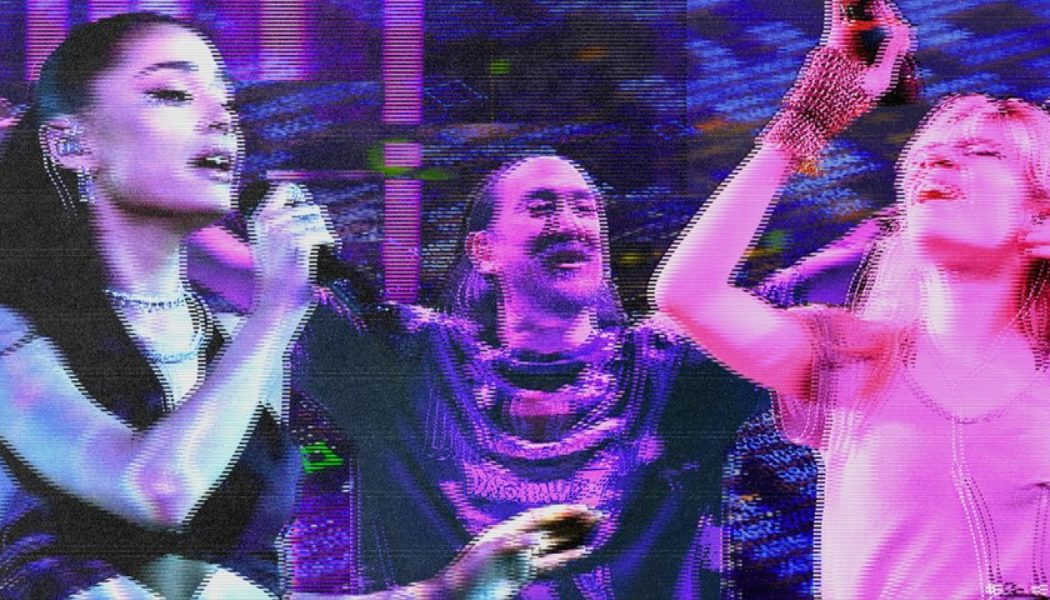



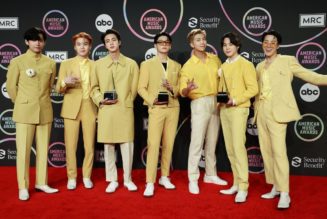
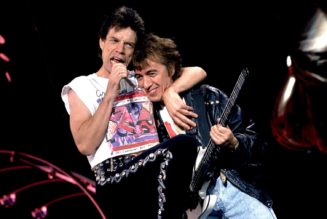
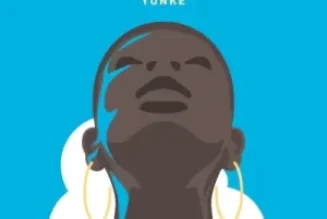
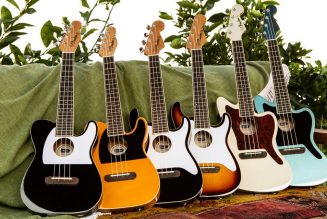

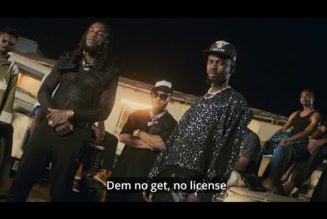
Tagged: entertainment blog, music, music blog, Sales